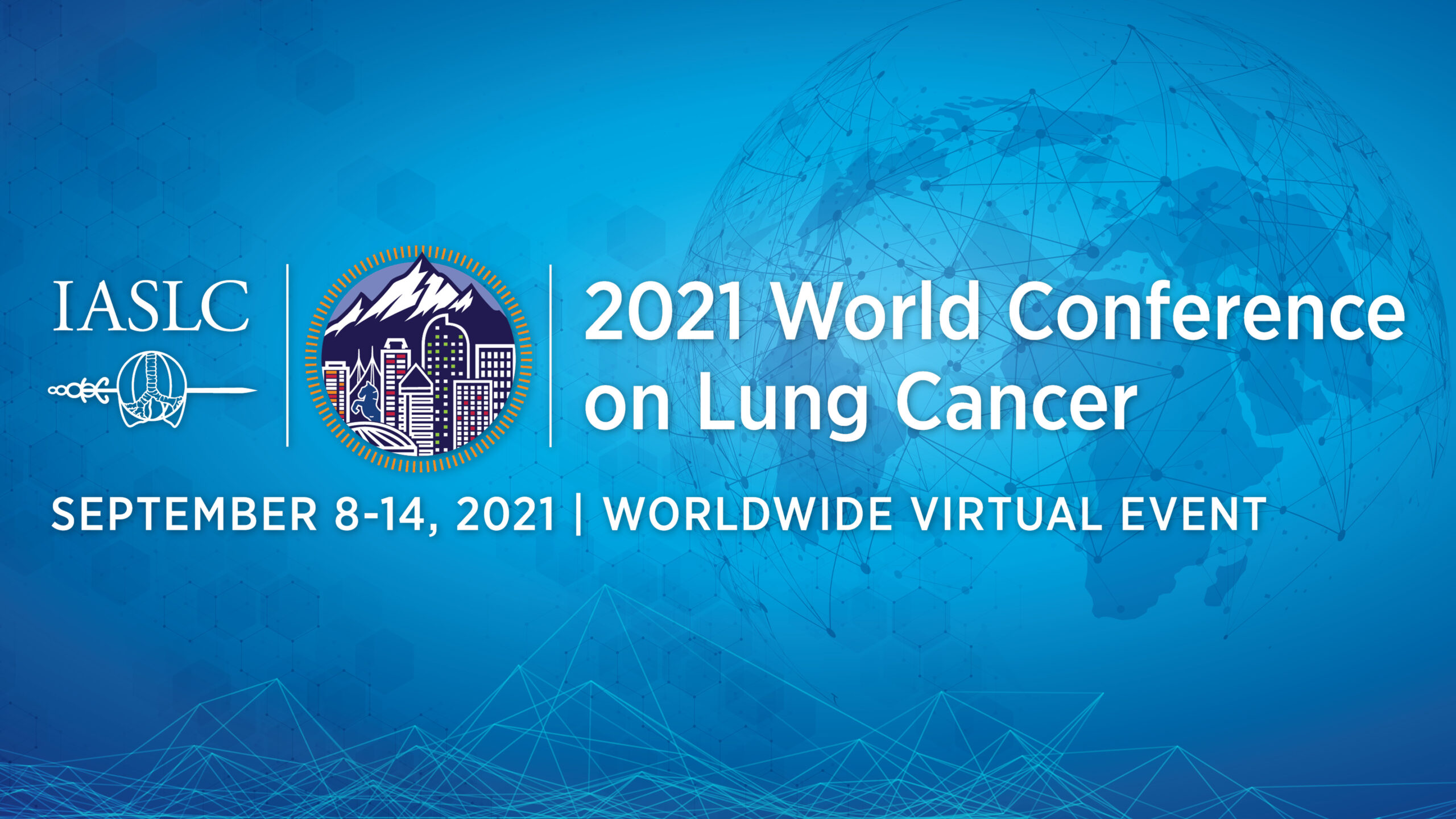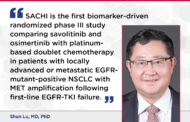There is a critical need for psychosocial services in the lung cancer care pathway, according to a presentation by Anne-Marie Baird, BS, PhD, on behalf of Lung Cancer Europe (LUCE), at the WCLC Congress 2021.
“We are all aware that person-centered care must focus on the needs of the person including their psychosocial needs,” Dr. Baird, who is the immediate past chair of the IASLC Communications Committee, said. “But within the lung cancer community we are also aware that these needs are not always identified and met.”
With this study, LUCE wanted to explore the psychosocial impact of lung cancer on four main spheres—emotional well-being, daily life, family and loved ones, and work and finances—and identify areas of unmet need in the community.
An online survey for patients and caregivers was created and translated into 12 languages. This survey was active from May 20, 2020 to June 25, 2020. The survey was completed by 559 people across 17 European countries. Two-third of respondents were people living with lung cancer (65.3%) and the majority were female (75.4%).
Looking at the psychological impact of the lung cancer diagnosis, the top four emotions listed by patients were uncertainty, sadness, anxiety, and fear. When the researchers looked at what patients were worried about, the top responses included the impact of the diagnosis on their family and relatives, disease progression, and death. For caregivers, the key worries were patient death, disease progression, and pain and suffering.
When asked about their experiences since the lung cancer diagnosis, about one-fifth of patients stated they had been careful about who they told about their diagnosis. This resulted in less time spent with certain people.
Impact on Daily Life
The survey also looked at impact on daily life. The top three side effects that had an impact on patient’s daily life were fatigue, breathlessness, and pain. More than one-third reported a negative effect on a work situation either for themselves or someone in their house. In more than half of the situations, this was related to an inability to work (55.7%).
“This study shows how important addressing psychosocial needs is for the well-being of people living with lung cancer,” said Ivy Elkins, co-founder of EGFR Resisters Lung Cancer Patient Group. “When treating a patient, the healthcare team needs to pay attention to more than just their physical health and treatment; it is important to get to know the whole patient and treat the whole patient, including the patient in context of their caregiver and/or family situation.”
Addressing the needs of the “whole” patient has only grown in importance as more and more people are entering lung cancer survivorship, said the study discussant Jennifer C. King, PhD, from GO2 Foundation for Lung Cancer.
According to King, the data presented by Baird echoes that presented by Rigney et al at WCLC Congress 2018 that looked at the psychological effects of lung cancer longitudinally.
“The study found that the physical effects were more prominent during treatment, but that after treatment and into survivorship, emotional effects [of lung cancer] were rated most problematic,” Dr. King said.
She also pointed out the prominence of fatigue as a side effect of lung cancer treatment most impacting patient quality of life in this study and multiple others.
“This is really a widespread phenomenon in our patient population,” Dr. King said. “It is something the advocacy community needs to be thinking about.”
Supportive Care
Dr. Baird and colleagues did look at supportive care needs in terms of healthcare teams, patients associations, and nonprofit organizations (NGOs). The survey identified a number of unmet needs around psychological needs, symptom control and management, and impact on family.
In fact, a large proportion of respondents did not receive any support from patient organizations or NGOs. This was often because they did not know support was available.
“There is a key need for increased awareness of patients and NGOs,” Dr. Baird said.
Ms. Elkins echoed the need for increased referral to these patient support groups and other supportive care services.
“Referral to palliative care services that can provide mental health care, rehabilitation, and symptom management are critically important and should be part of treatment for all patients,” Ms. Elkins said. “Referral to support groups, either local in-person ones or online patient groups is also critical in order for patients and caregivers not to feel alone and be able to share things that they cannot share with others in their regular, daily lives.”
Dr. King also ended her presentation with a push for increased utilization of patient advocacy groups.
“There are many roles that the advocacy community needs to play,” Dr. King said. “These include advocating for guideline-driven care, ensuring that real-world patient experiences are driving appropriate outcome measures and endpoints in therapeutic clinical trials, and proactively supporting people with lung cancer and their loved ones with information and support.”






